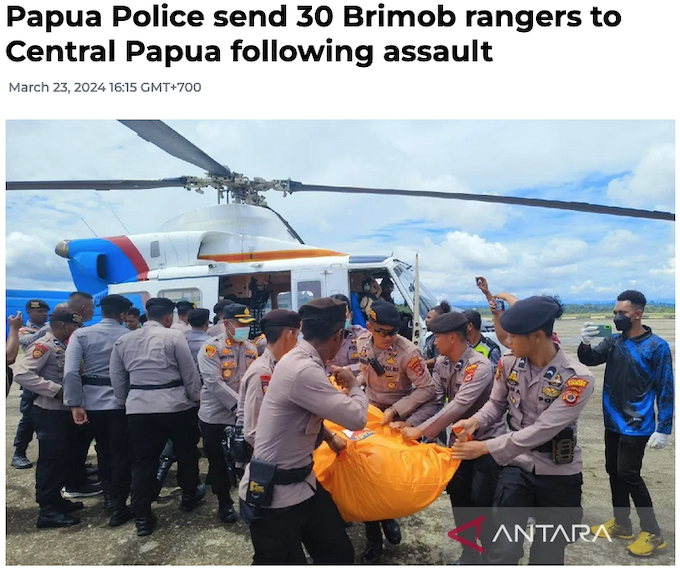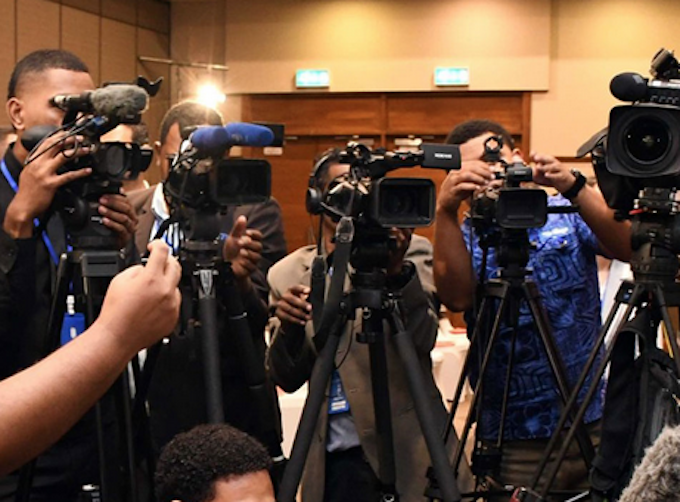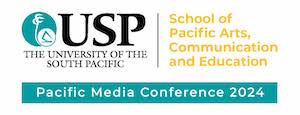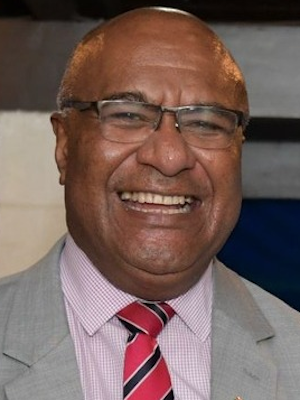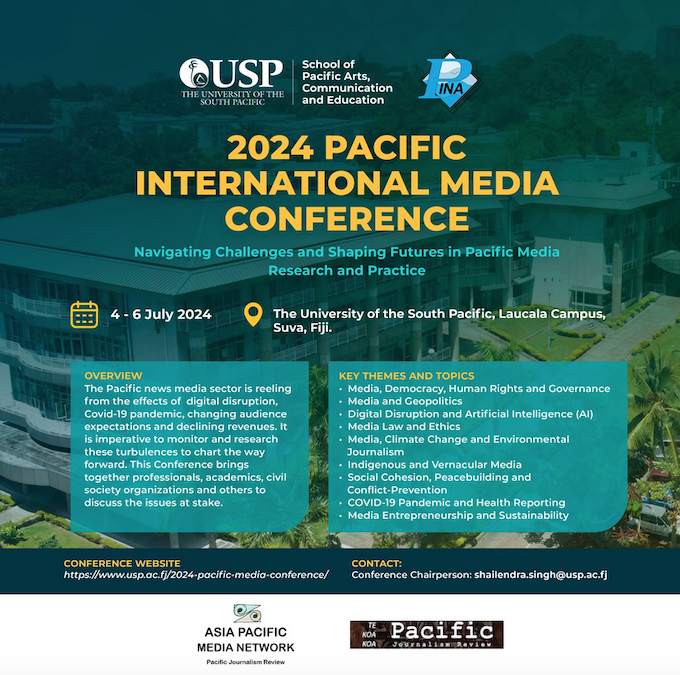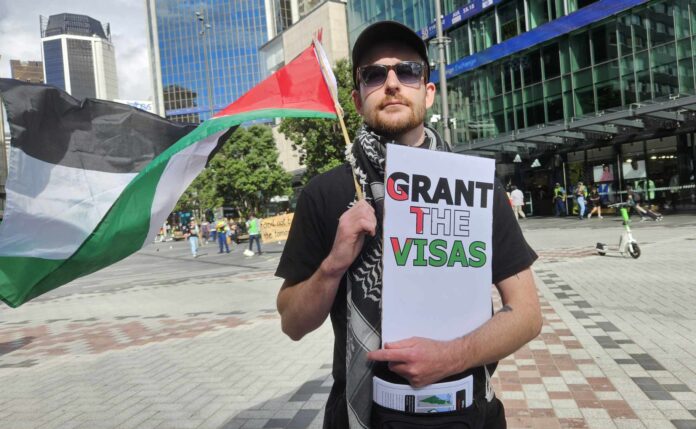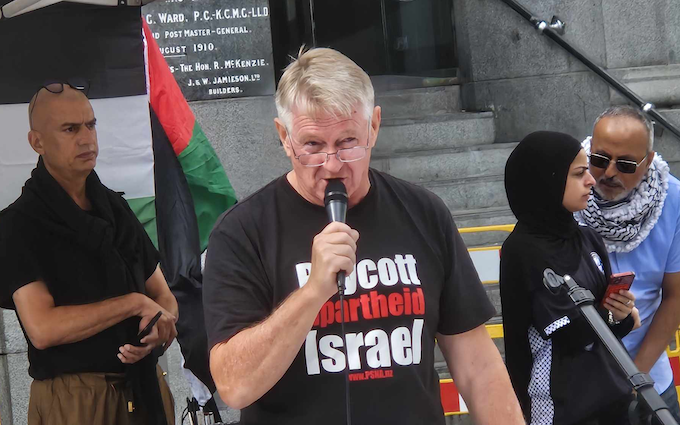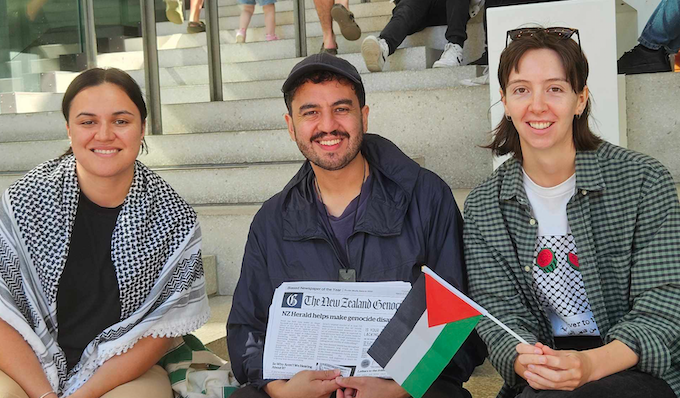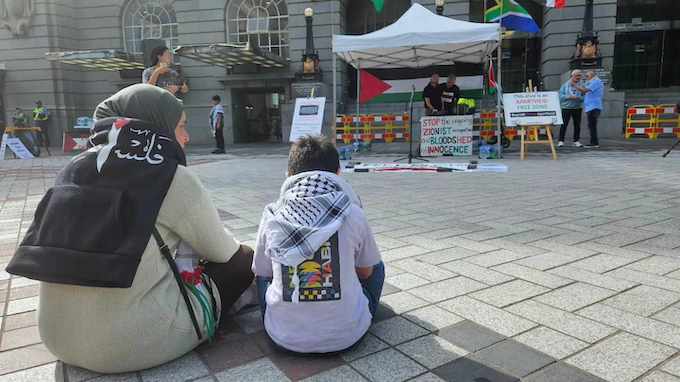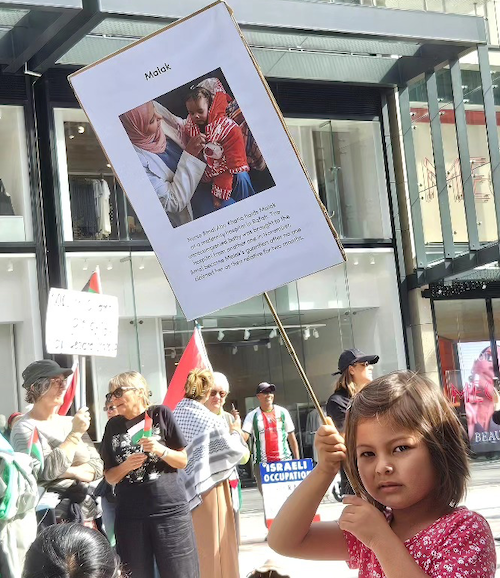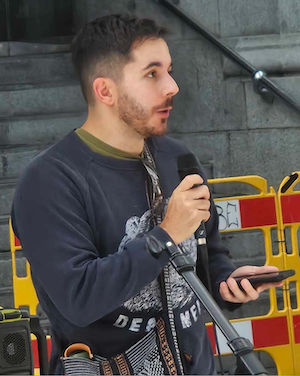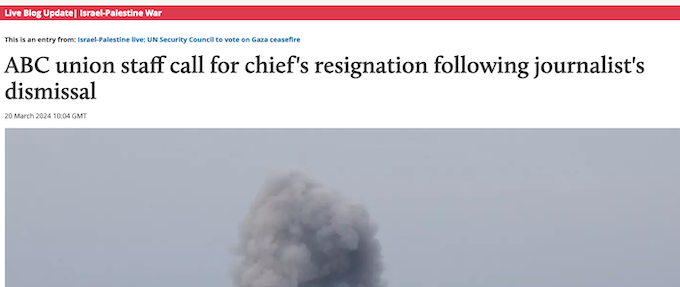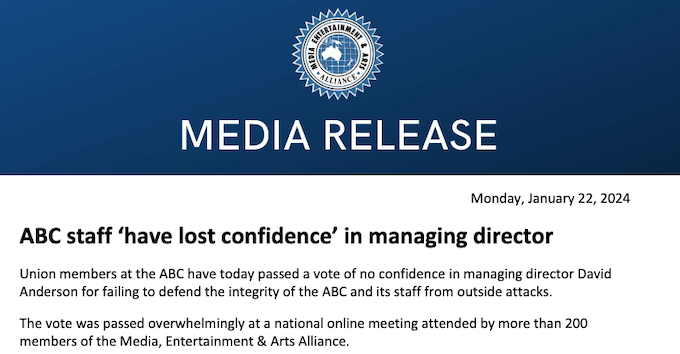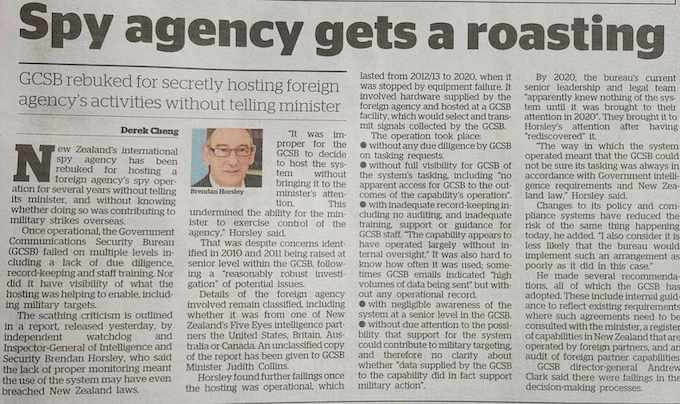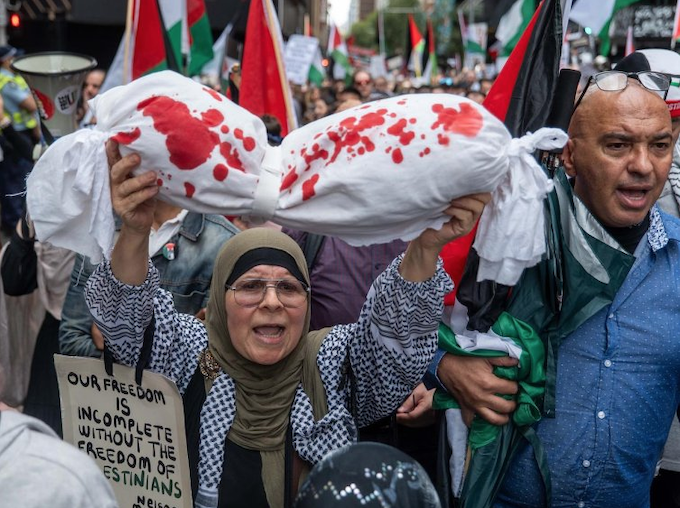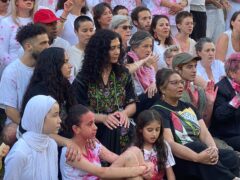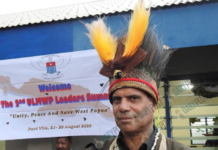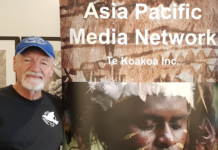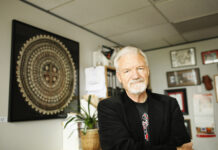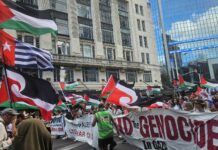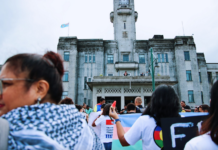ANALYSIS: By Somdeep Sen
Last month on the BBC’s flagship news programme, Newsnight, author and journalist Howard Eric Jacobson complained that Britain’s public broadcaster had been showing too many images of Palestinian suffering in Gaza. He added that in televising Palestinian suffering in this way, BBC was “taking a side” and that while it was “agonising to see what is happening . . . there are reasons for it”.
And this was hardly the first expression of this sentiment. A few weeks prior, a discussion was under way on the professional networking platform LinkedIn on whether there were “too many Israel/Palestine posts” on the site and whether this should change. Many responded that it should — they wanted people to stop talking about Palestinians being starved, bombed and buried under the rubble.
It may seem odd that people like Jacobson are acknowledging the massive levels of suffering in Gaza, but in the same breath demanding the world hears less about it.
But this is not at all surprising. Censorship has always been a necessary complement of genocide.
With the ongoing genocide in Gaza, efforts to silence those who have sought to raise the alarm have taken a variety of forms.
A lot has been said and written about Israel’s refusal to allow foreign journalists to enter freely into Gaza to cover the genocide and its targeted attacks on Palestinian journalists there who risk life and limb to show the world the reality of what is being done to their people. But even the journalists who are thousands of miles away from the Palestinian enclave have been punished for daring to talk about the genocide.
Last December, the Australian Broadcasting Corporation (ABC) sacked presenter Antoinette Lattouf for re-sharing a Human Rights Watch (HRW) post claiming that “Israel was using starvation as a weapon of war in Gaza”. The ABC had itself reported on the HRW claim, which has since been repeated by the United Nations. Lattouf, believed to be the first Arab-Australian woman to work as a reporter on commercial television, says she fears the ABC buckled under pressure from pro-Israel groups who had been accusing her of “anti-Semitism and bias” due to her support for Palestinian rights and criticism of Israel since she was first hired. She is suing the ABC for unfair dismissal.
Solidarity with Palestinians silenced
Throughout this genocide, teachers and university professors across the world who tried to stand in solidarity with the Palestinians have also been silenced. An Israeli teacher was fired from his job, arrested, and placed in solitary confinement for criticising the actions of Israel’s military.
Meir Baruchin’s only “crime” was a Facebook post he made the day after Hamas’s attack on Israel that said: “Horrific images are pouring in from Gaza. Entire families were wiped out … Anyone who thinks this is justified because of what happened yesterday, should unfriend themselves. I ask everyone else to do everything possible to stop this madness. Stop it now. Not later, Now!!!”
And earlier this month, the Hebrew University of Jerusalem suspended law professor Nadera Shalhoub-Kevorkian, who is a Palestinian citizen of Israel, for criticising Israel’s war on Gaza and Zionism in general.
The silencing of teachers and university lecturers has not been limited to Israel, either. In November in the United States, the University of Arizona (UA) “temporarily replaced” Assistant Professor Rebecca Lopez and Community Liaison Rebecca Zapien for facilitating a classroom discussion on Israel’s war on Gaza.
Pro-Israel groups claimed that their lecture was “biased, antisemitic, blatantly false and terrorism-supporting”. Two first-grade teachers at a Los Angeles-area public charter school were also placed on leave after posting on social media about a lesson they taught on “the genocide in Palestine”.
Politicians and civil servants, in Israel and in countries backing Israel’s war on Gaza, are also not immune to such censorship.
In January, Ofer Cassif, a member of Israel’s Knesset from the left-wing Hadash-Ta’al party, announced his intention to join South Africa in its legal proceedings against Israel brought under the UN Genocide Convention. In response to Cassif’s decision to support South Africa’s genocide case, 85 Israeli members of Parliament (out of 120) accused him of “treason” and signed a petition to expel him from the Knesset.
Forced to apologise
On the other side of the world, in Canada, Sarah Jama, who is a member of the Provincial Parliament of Ontario, was forced to apologise for a statement she made in the immediate aftermath of Hamas’s attack on Israel in October, where she called for an immediate ceasefire in Gaza, and an end to Israel’s occupation and apartheid. Jama’s apology came after Ontario Premier Doug Ford called for her resignation.
A manager of organisational performance and equity for the city of Evanston, Illinois, in the US was also fired after he expressed his sympathies for Palestinians in Gaza on social media. In January, Liam Bird filed a federal lawsuit against his former employer. The lawsuit also claims that senior city officials “‘choreographed’ public outrage toward Bird over a proposed resolution calling for a ceasefire in Gaza ahead of its introduction to the Equity and Empowerment Commission in November.
The efforts to censor and intimidate anyone and everyone who speaks up against Israel’s genocide in Gaza are undoubtedly distressing, but they are in no way surprising. A look at global history reveals that such silencing of critical voices has helped create a permissive environment for mass atrocities, and the worst atrocity of all, genocide, since at least a century.
In Slobodan Milosevic’s Federal Republic of Yugoslavia, several measures were implemented to suppress and censor all independent publications as well as television and radio stations that dared to speak up against, or even mention in a natural manner, the atrocities being committed by Serbs against Albanians, Bosniaks and Croats across the region. In 1998, five editors of independent newspapers were “charged with disseminating misinformation” because their publications referred to Albanians killed in Kosovo as “people” rather than “terrorists”.
When NATO eventually threatened to invade Kosovo to put an end to atrocities, the Serbian government doubled down on its determination to silence all dissenting voices. A member of Milosevic’s coalition said, “If we cannot grab all their [NATO] planes, we can grab those within our reach, like various Helsinki committees, and Quisling groups”.
He added that those who were proven to have “participated in the service of foreign propaganda … shouldn’t expect anything good [from state authorities]”.
Two decades after the Bosnian genocide, which was accompanied by the dark shadow of censorship throughout, authorities in China launched the “Strike Hard Campaign against Violent Terrorism”, targeting Uighurs and other Turkic Muslims in the Xinjiang Uighur Autonomous Region.
‘Break their roots’
According to a Chinese official quoted by HRW, the purpose of the campaign against the Muslim minorities in the autonomous region was to “break their lineage, break their roots, break their connections, and break their origins”. Human rights organisations estimate that a million Turkic Muslims have been sent to “political education” camps, pretrial detention centres, and prisons since the beginning of the “operation”.
Here too censorship accompanied atrocities. The authorities shut the internet down across the region for months. They imprisoned Uighur website founders, writers and editors for crimes such as “splittism, leaking state secrets, and organising an illegal demonstration or endangering state security”.
They also subjected the region to extreme levels of social media surveillance, deleting an estimated 25 percent of all social media comments. They also cracked down on pro-Uighur speech elsewhere in the country.
Censorship and suppression of free speech were also key characteristics of the Nazi Holocaust. This included the banning of Jewish literature, and the systematic burning of “undesirable books” classified as “un-German” in a quest for “moral renewal”.
The Nazis closed down or took over all opposition newspapers in Germany early on in their tenure, and until the very end controlled every news item — about the Nazi party, its policies against Jews, and the war effort in general — that appeared in newspapers, on the radio and in newsreels. Germans were banned from listening to foreign radios, and only very limited — and highly curated and censored — information about the country and its war effort was allowed to be shared with the rest of the world.
The party even controlled what German soldiers wrote home from various fronts across the world. The end result of this overwhelming censorship effort was that an overwhelming majority in the international community did not learn about the real extent of Nazi atrocities, and Jewish suffering in German-controlled territories, until after the end of World War II.
Now, another genocide is under way in Gaza, and censorship is once again playing its part. In the era of camera phones and social media sites, it proved somewhat impossible for those committing and facilitating genocide to stop Palestinians from sharing their reality, and those around the world from raising their voices to support them.
But this is exactly why there are unrelenting efforts to silence and censor journalists, academics, politicians and activists standing with Palestine — efforts to ensure heart-wrenching images of pain and suffering from Gaza stop making their way to our screens.
And this is exactly why it is our collective responsibility to insert “Palestine” and “Palestinians” everywhere — every article, every artwork, every discussion. Our only chance of stopping this genocide is to learn from history, and continue speaking about Palestine.
Somdeep Sen is an associate professor of international development studies at Roskilde University in Denmark. He is the author of Decolonizing Palestine: Hamas between the Anticolonial and the Postcolonial
(Cornell University Press, 2020). This article was first published by Al Jazeera.


